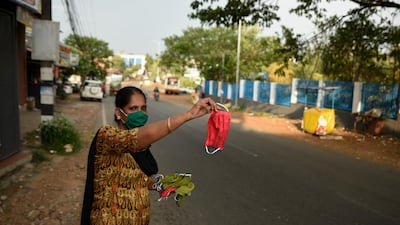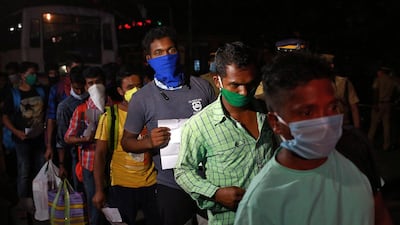"The only thing worse than bad health is a bad name," lamented Lorenzo Daza in Gabriel Garcia Marquez's landmark novel Love in the Time of Cholera. Governments around the world, rich and poor alike, have experienced this first-hand, their reputations battered by their handling of the Covid-19 crisis on top of the human and economic losses.
Meanwhile, the government in the Indian state of Kerala has found itself winning praise from around the world for flattening the curve before the virus could even begin to threaten the healthcare system’s capacity.
At the time of writing, the number of deaths is still in the low single digits, despite Kerala recording its first Covid-19 case in January and having the third-highest population density of any Indian state as well as millions of foreign tourists. It has also seen the return of large numbers of its expatriates (more than two million live in the GCC region alone). Meanwhile, in the rest of India infection rates continue to climb.
Health minister leads from the front

Kerala did not and still does not have a vast testing infrastructure or huge stocks of personal protective equipment. So how did a government in the developing world wage a daunting fight like this so successfully?
The Health Minister KK Shailaja called an emergency meeting the same afternoon as the first positive Covid-19 test on January 30, activating a ”Rapid Reaction Team” to execute plans that had been formulated weeks earlier.
This took place even before the World Health Organisation declared a global public health emergency, and at a time when governments around the world remained either dismissive or indecisive. Kerala implemented an early, high-level prioritisation of resources towards contact-tracing and the quarantine of suspected infected patients, combined with an organised disease surveillance programme. It was an aggressive push, complemented with a major campaign to communicate clearly and directly with the public about the nature of the threat and its part in defeating it.
All of this built upon strengths gained from a long tradition of people-centric governance that has produced literacy and hospital bed availability rates that resemble high-income countries more than those of the developing world.
Communicating with the people
The idea of popular sovereignty took root across South Asia in the half-century leading up to independence in 1947, and inspired people to rise up against colonialism. As soon as the British left, any deep democratisation of governance was blocked by entrenched elites – but not in Kerala, where the struggle continued. Thanks to high levels of social cohesion, it was the people that won.
The result has been a cross-party emphasis on investing in human development (education, healthcare, sanitation and electricity) and building strong, responsive institutions at the local level. This has led to an especially constructive political culture that manifests itself in the form of high levels of public volunteerism, a willingness to follow government advice, a relative lack of sensationalism in the media and a political opposition that acts in good faith.
India's massive repatriation programme
But perhaps by far the most important ingredient in making the right decisions early on was recent experience. The same government and health ministry leadership that Kerala has today led the response to the Nipah virus outbreak in May-June 2018.
Normally found in fruit-bat populations, in humans the highly infectious virus produces symptoms resembling viral encephalitis and a mortality rate of 75 per cent.
The Nipah virus first emerged in Malaysia in 1998, but outbreaks had unpredictably flared up in Singapore and Bangladesh as well. Starting with Ebola, the 1990s was the decade of ”emerging infectious diseases”, products of a human population rapidly expanding into natural habitats and moving people, products and animals more widely than ever before.
The painful experience of Nipah
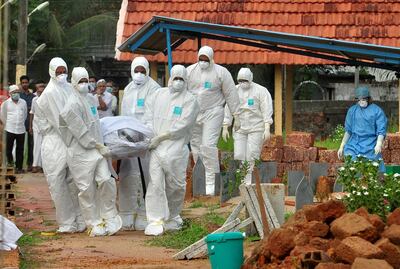
There had been no known outbreaks of Nipah virus in Kerala when it suddenly emerged, and at the time much remained unknown about the disease. Nevertheless, recognising the prospect for disaster, the government moved switfly with the support of the national and international scientific communities to mobilise at every level in order to contain the epidemic.
Seventeen people died, but the urgency with which every level of Kerala's healthcare system treated the crisis produced quiet heroism, most tragically in the case of Lini Puthussery – the 28-year-old nurse and mother of two who treated the earliest cases and understood the risks, but refused to be taken off duty because of staff shortages. Her brief but moving farewell note to her husband from the isolation ward continues to circulate on the internet and WhatsApp.
The cultural impact of the outbreak was significant enough that Kerala's thriving film industry made it the subject of a successful movie, Virus, in 2019, further deepening its place in the public consciousness.
Lini Puthussery, a Keraliya hero
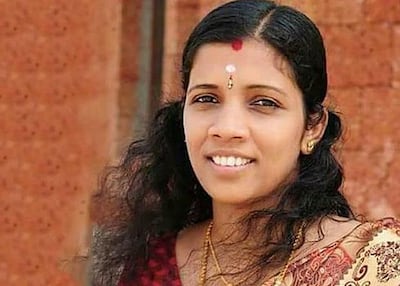
More significantly, the experience of battling the unexpected outbreak of a terrifying, new and highly infectious disease convinced the government that this could happen again, and that it might be worse next time. This is why Kerala’s government began formulating a high-level, aggressive action plan as soon as the WHO began publishing information on the Wuhan outbreak, rather than waiting for direction from above.
This has proven to be exactly the right attitude to take, but it is also one that is particularly difficult for most governments to adopt or retain. As Michael Leavitt, health secretary under former US president George W Bush, put it: "Everything we do before a pandemic will seem alarmist. Everything we do after will seem inadequate."
Kerala on the frontline of climate change







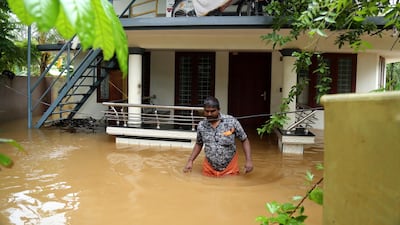

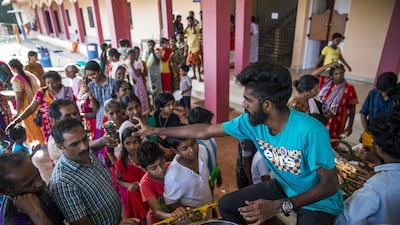
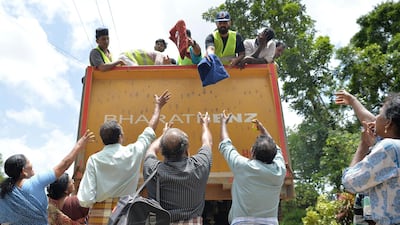


Breaking free of that fear of looking alarmist and avoiding the complacency that comes with success is perhaps the most alluring trap that Kerala eluded with Nipah, and has eluded again with Covid-19.
The redoubtable Mrs Shailaja, in a recent interview, indicated that Kerala's health ministry is already actively digesting its lessons learned from this pandemic and updating its guidelines so that it will be better prepared for the next potential pandemic, specifically stating that climate change makes it more likely, not less, that there will be a next time. This is precisely the kind of proactive style of leadership that health governance leaders around the world must adopt if the hard-won experience of this tragedy is not to be squandered.
Johann Chacko is a writer and South Asia analyst




